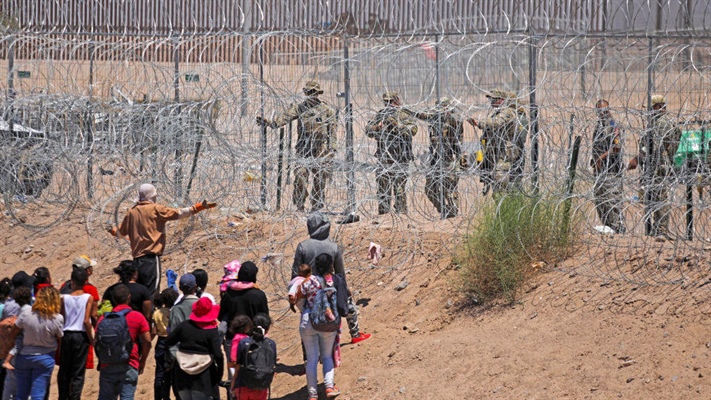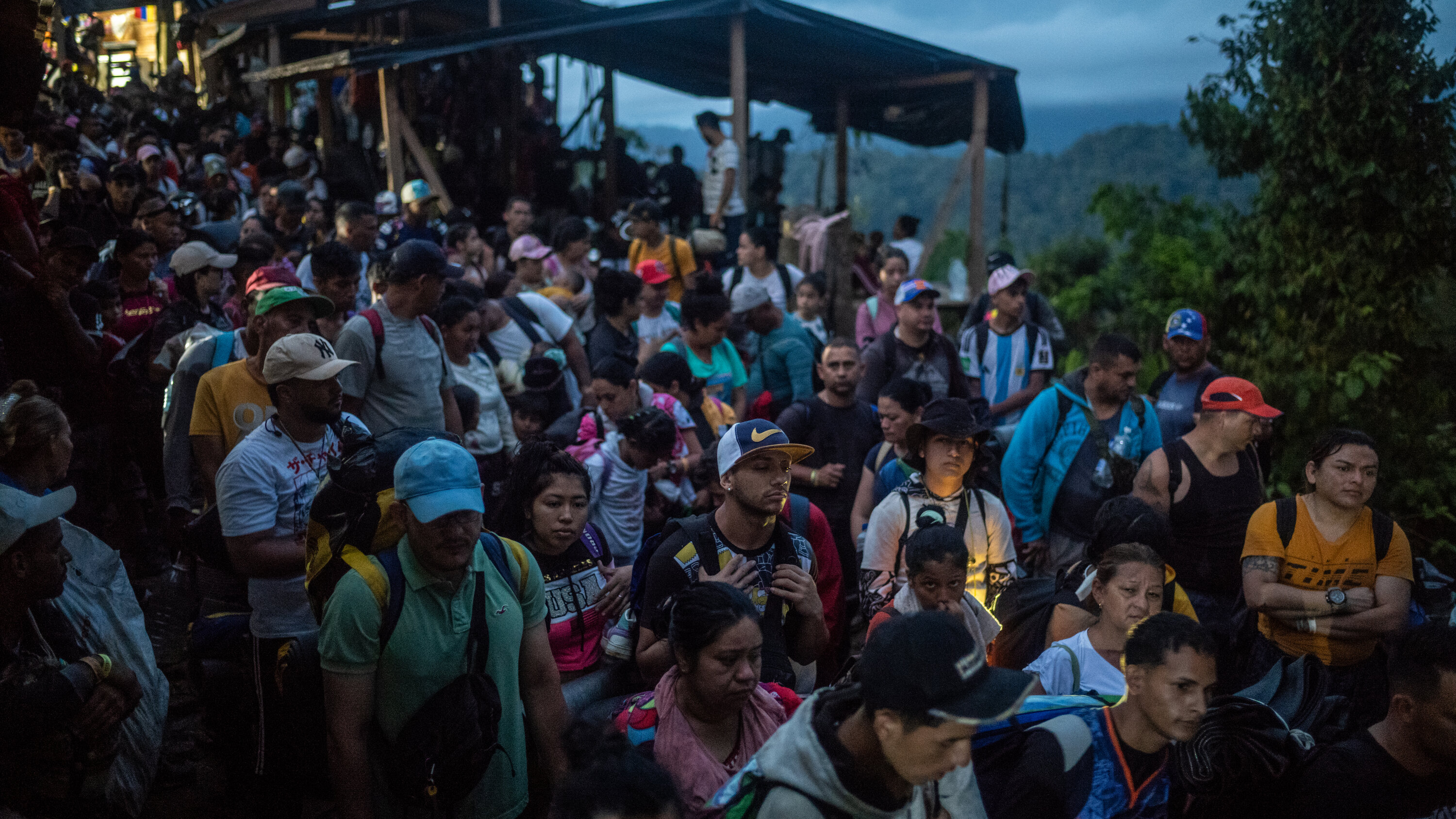U.S.-Mexico Border Crossings Drop 54% from Record Highs
Internal government data revealed a surprising downturn in
illegal crossings along the U.S.-Mexico border, presenting an unexpected
reprieve for the Biden administration amidst historical migration surges. In
May, apprehensions by U.S. Border Patrol agents dropped by over 50% compared to
the peak in December, marking a significant decrease from approximately 8,000
daily average to 3,700.
This downward trend is projected to continue, with May on
track to record a third consecutive month-over-month decline in unlawful border
crossings, potentially reaching between 110,000 and 120,000 apprehensions.
This decline, while still above pre-pandemic levels, is
notable, diverging from the typical springtime surge observed in recent years.
Senior officials attribute this unusual decrease to intensified efforts by both
the Biden administration and the Mexican government.
Homeland Security Secretary Alejandro Mayorkas highlighted
the administration's measures, emphasizing strengthened enforcement, targeting
smugglers, and establishing lawful pathways for asylum-seekers to enter the United
States safely and legally.
Politically, this sustained drop in crossings is
advantageous for President Biden, who has faced criticism from both Republicans
and moderate Democrats for his perceived leniency on immigration, as well as
from progressives who argue against the retention of certain Trump-era border
policies. Immigration has emerged as a key concern for American voters,
particularly leading up to the upcoming presidential election.
Acknowledging the political landscape, the Biden
administration is reportedly considering executive action to suspend asylum
processing along the southern border during spikes in illegal crossings. While
Mayorkas did not confirm this, he stated that all options are being considered
daily to strengthen border security within the confines of the law and national
values.
However, attempts at legislative reform have faced
challenges. A bipartisan border security bill failed to advance in the Senate,
with most Republicans, including former President Trump, rejecting the proposal
as insufficiently strict. Mayorkas expressed disappointment at this rejection,
echoing President Biden's sentiments that some prioritize political posturing over-delivering
necessary solutions for border security.
In the face of legislative gridlock, the administration
continues to advocate for comprehensive immigration reform, highlighting the
limitations of executive action due to potential legal challenges. The
political and policy complexities surrounding immigration persist, underscoring
the need for constructive bipartisan dialogue and action to address border
security and broader immigration concerns.






.jpg)